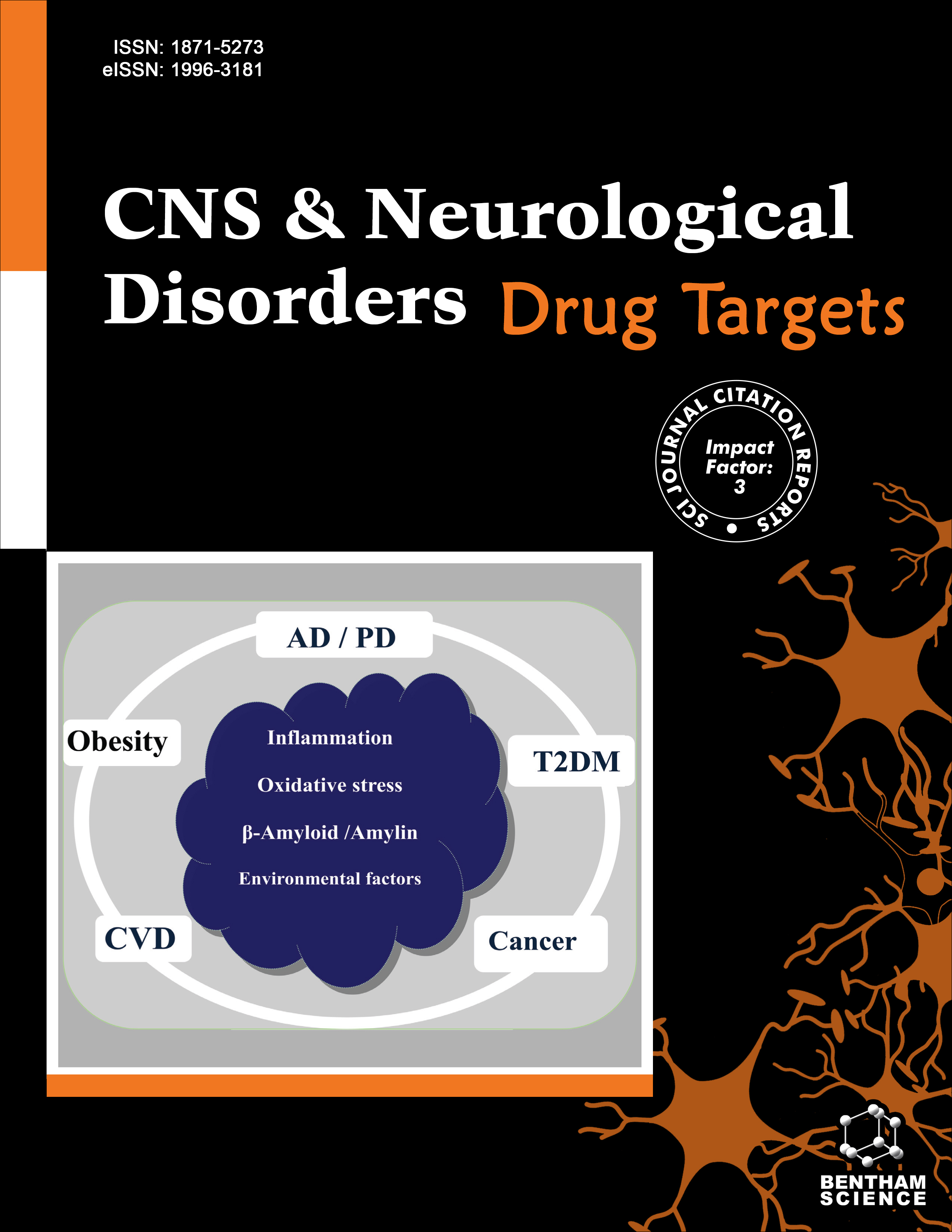-
oa The Effects of Testosterone Supplementation on Cognitive Functioning in Older Men.
- Source: CNS & Neurological Disorders - Drug Targets, Volume 15, Issue 3, Apr 2016, p. 337 - 343
-
- 01 Apr 2016
Abstract
Reduction in testosterone levels in men during aging is associated with cognitive decline and risk of dementia. Animal studies have shown benefits for testosterone supplementation in improving cognition and reducing Alzheimer’s disease pathology. In a randomized, placebo-controlled, crossover study of men with subjective memory complaint and low testosterone levels, we investigated whether testosterone treatment significantly improved performance on various measures of cognitive functioning. Forty-four men were administered a battery of neuropsychological tests to establish the baseline prior to being randomly divided into two groups. The first group (Group A) received 24 weeks of testosterone treatment (T treatment) followed by 4 weeks washout, and then 24 weeks of placebo (P); the second group (Group B) received the same treatments, in reverse order (Placebo, washout, and then T treatment). In group A (TèP), compared to baseline, there was a modest (1 point) but significant improvement in general cognitive functioning as measured by the Mini Mental State Examination (MMSE) following testosterone treatment. This improvement from baseline was sustained following the washout period and crossover to placebo treatment. Similar Mini Mental State Examination (MMSE) scores were observed when comparing testosterone treatment with placebo. In group B (PèT) a significant increase was observed from baseline following testosterone treatment and a trend towards an increase when compared to placebo treatment. Improvements in baseline depression scores (assessed by Geriatric Depression Scale) were observed following testosterone/placebo treatment in both groups, and no difference was observed when comparing testosterone with placebo treatment. Our findings indicate a modest improvement on global cognition with testosterone treatment. Larger clinical trials with a longer follow- up and with the inclusion of blood and brain imaging markers are now needed to conclusively determine the significance of testosterone treatment.


